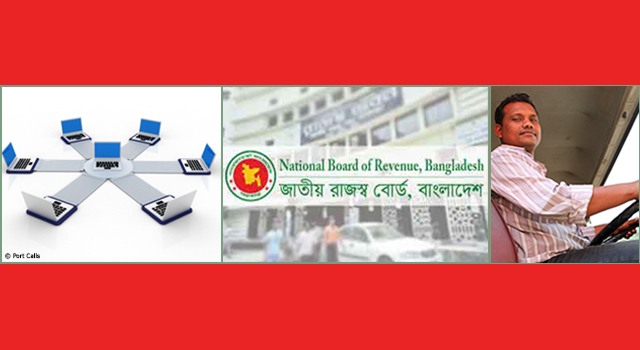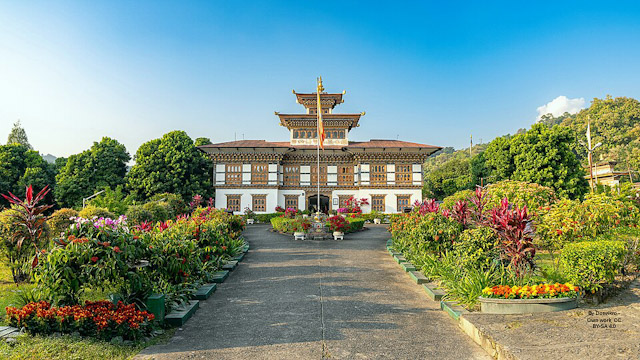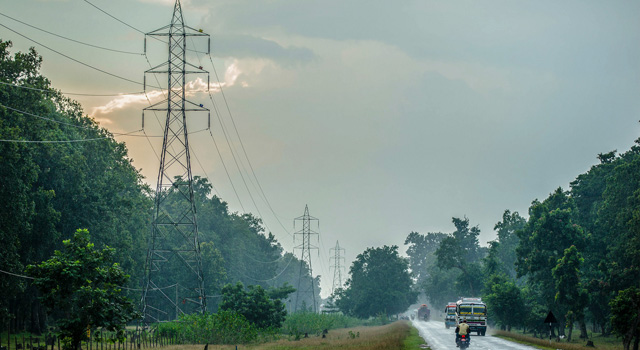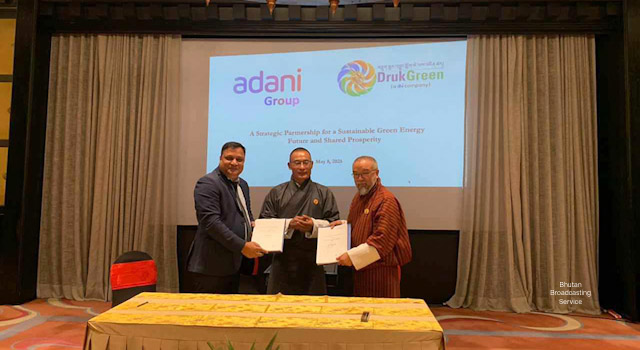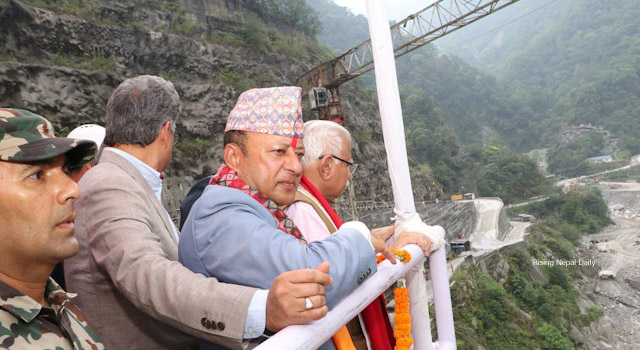
WTO Trade Facilitation Agreement Facility Support LDCs and Developing Countries
22 July 2014
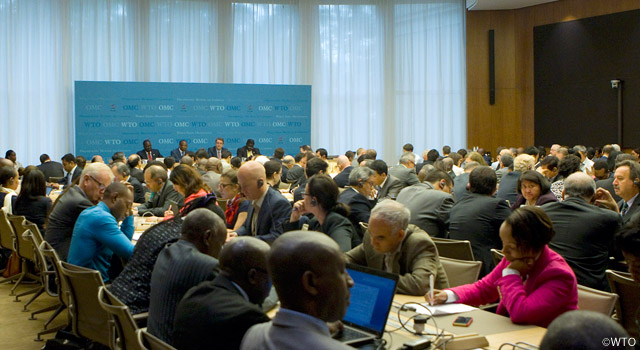
A Trade Facilitation Agreement Facility (TFAF) was launched by the World Trade Organization (WTO) on 22 July 2014, further ensuring that least developed countries (LDCs) and developing countries will receive necessary assistance in implementing the trade facilitation agreement (TFA).
The TFAF is expected to complement existing assistance programs by regional and multilateral agencies, bilateral donors, and other stakeholders through (i) enhancing coordination between LDCs/ developing countries and possible development partners—including supporting needs assessment for TFA implementation and identifying possible development partners to help meet identified needs, and creating avenues for knowledge-sharing by disseminating best practices in TFA; and (ii) filling in gaps in funding sources by helping LDCs and developing countries find sources of funds for project implementation, providing grants to help LDCs and developing countries prepare projects to be considered by donors, and providing funding for implementation of “soft infrastructure” projects, including capacity building for officials, policy reviews through consultation with experts, among others.
WTO's TFAF emphasizes development at the heart of WTO's work. According to WTO Director General Robert Azevêdo, “Through the support extended by WTO TFAF, developing and least-developed countries can [...] share in the substantial economic gains that the TFA will deliver.”
Major international organizations—the International Trade Centre, Organization for Economic Cooperation and Development, United Nations (UN) Conference on Trade and Development , UN Economic Commission for Europe, UN Regional Commissions of ECLAC, ESCAP and ESCWA, World Bank Group, World Customs Organization—have expressed support for the WTO by declaring their commitment to assist LDCs and developing countries in implementing commitments agreed under the TFA through technical assistance and capacity building initiatives.
The TFA is expected to increase trade activity on a global scale. Experts have calculated a $1 trillion boost to the global economy by increasing customs efficiency and lowering the cost of doing international trade upon TFA implementation.
The South Asia Subregional Economic Cooperation (SASEC) program supports trade facilitation reform efforts in Bangladesh, Bhutan, and Nepal through the Asian Development Bank-financed $48 million SASEC Trade Facilitation Program, in partnership with UN Economic and Social Commission for Asia and the Pacific (UNESCAP). ADB is also assisting the three SASEC member countries implement $6 million in national and regional technical assistance projects from the Japan Fund for Poverty Reduction, with particular focus on capacity-building activities in trade facilitation.
In May 2014, SASEC countries launched the SASEC Trade Facilitation Strategic Framework 2014–2018 to promote intra-regional trade by addressing trade facilitation issues in the subregion.
Related Links:




